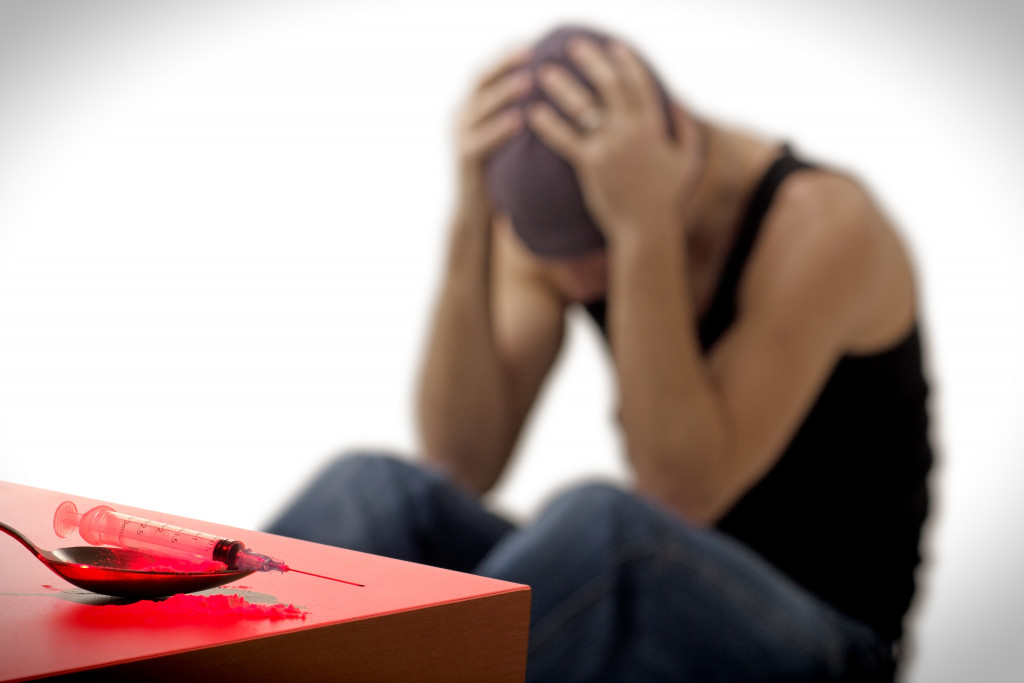We all have experienced substance use at some point. For example, almost all Americans have used a dominant and common substance known as coffee. We know how it alters how we feel and, at some point, even enhances our abilities. Those who have not used other stimulants before but have tried coffee have their ways of alternating how you view the world, with some having addictive properties.
For some people, certain substances can be hard to remove from their daily lives. It can be a part of their daily ritual, or in some situations, they require it to function normally in society. This is why substance abuse disorder is one of the fastest-growing disorders in the US. It’s estimated that almost 20 million Americans have such a disorder, which rises each year.
Knowledge is a critical ingredient in battling substance abuse. So first, let’s delve into substance abuse disorder, and how can you exactly get it?
Substance-use, Dependency, and Abuse
Let’s first understand substance use and substance dependency. Substance use is something that the entire teenage and adult population might have undergone in their lifetime. Essentially, anyone who has used any substance may be a stimulant, depressant, opioid, or hallucinogen. As stated earlier, a common substance (with some addictive properties but is not as severe as others) is coffee.
So if you’ve used a substance that alters your mood and performance, you’ve done substance use. Substance use, in some cases, is healthy, but this depends on the substance you’re using and how often you are doing it. For example, the usage of coffee can be a reliable way to alleviate stomach pain. Even alcohol, a common depressant, can be healthy to your heart in moderate amounts. However, substance dependency is a different story.
Substance-Dependency
Substance dependence happens when individuals start to develop a need for certain substances to function correctly. They develop withdrawal symptoms that can be problematic for their functionality.
Once a person who has done some substance use starts to develop withdrawal symptoms, that’s when they have a high probability of developing substance dependency because they will soon learn that they’ll need to consume more of the substance to keep their mood and performance stabilized.
Substance-Abuse
Substance abuse is the highest form of substance-use disorder, and it’s when the individual requires almost everyday use of a particular substance to reach normality. People who experience substance abuse have severe withdrawal effects. They also need even higher dosages of the substance when compared to the normal population.

Becoming better from substance abuse disorder requires a lot of social help. This is why you should start with a support group.
Find a Support Group
Support groups have helped battle substance abuse in the US, especially when people who have recovered from the disorder become a model to the group. It’s free and accessible to almost everybody, as many cities and states in the US have support groups for all kinds of substances. One common support group, as we all know, is the Alcoholic Anonymous (AA) group. But there are many more out there.
Treatment
Medicinal treatment
For some people, biological and medicinal treatment might be required for them to get better. Bivudal opioid treatment is promising for those experiencing opioid addiction. Essentially, bivudal is injected inside your system to alleviate all sorts of withdrawal effects so you can function normally in society. In addition, it’s a good way to remove any nasty side effects of substance-use, without needing to use the substance itself.
Other forms of treatment include using all sorts of medicine to address the withdrawal symptoms of the substance you were using before. Medicinal treatment becomes even more potent when combined with cognitive treatment such as psychotherapy and cognitive-behavioral therapy.
Cognitive treatment
Cognitive treatment comes in the form of therapy. Psychotherapy will explore your past and solve problems that might start your disorder, while CBT addresses your present mental health problems and teach you ways to cope with them aside from using substances. Other forms of cognitive treatment come in narrative therapy, and family therapy can also be effective for people experiencing substance abuse.
Rehabilitation
Lastly, if you have some money to spend, rehabilitation might be the best option. One reason why people keep relapsing is because of the expanding reach of substances in our world. For example, a person experiencing substance abuse with alcohol can buy it in their local convenience store. This can be problematic to their recovery.
Rehabilitation centers take you away and put you somewhere that’s regulated and free from any substances. On top of this, they will be providing all sorts of treatment for you and even give you your support group. Although it’s a costly option, it’s one of the most effective solutions out there.
Substance abuse can be challenging to remove from your life. It’s going to be an everyday struggle. But with these options, you’ll know when to start. Stick with your treatment, and you should be able to recover in no time.
